Mar 26, Kathmandu- In Jumla, due to increasing awareness programs, the number of tuberculosis patients is decreasing. According to the District Public Health Office, in the district, three people died of tuberculosis in the last financial year, informed the head of the office, Krishna Sapkota.
Two in Chandannath municipality and one in Patarasi rural municipality have died due to tuberculosis. According to the statistics of the office, 53 women and 53 men were diagnosed with tuberculosis in Jumla last year. Head of Public Health Office Sapkota informed that 21 men and 24 women were diagnosed with tuberculosis from July to mid-February of the current financial year.
In the financial year 2079-80, the number of tuberculosis patients registered at the eight local levels here are in Kankasundari, eight in Guthichaur, nine in Sinja, 12 in Hima, 13 in Tila, 14 in Tatopani, 18 in Patarasi and 26 in Chandannath.
According to the head of the office, Sapkota, looking at the statistics from July to January of the year 2080/81, three tuberculosis patients were registered in Sinja, four in Guthichaur, six in Tatopani, six in Tila, seven in Patarasi, seven in Kankasundari, nine in Hima and 10 in Chandannath.
The government has been conducting a tuberculosis-free campaign for Nepal. Sapkota, head of Public Health Office, said that within the next five years, the government plans to expand and implement this campaign at all local levels across the country through the National Tuberculosis Program.
If you have a cough for more than two weeks, you may have tuberculosis. Tuberculosis is spread from one person to another by coughing or sneezing, so if any symptoms appear, you can get checked for free at the nearest health institution. Tuberculosis is also spread through breathing. Patients with HIV and diabetes are more prone to tuberculosis.
According to the Public Health Office, if tuberculosis germs enter a healthy person through the air through breathing, coughing, sneezing, spitting wherever they are found, and speaking, tuberculosis is transmitted.
Gaurinanda Acharya, head of District Coordination Committee Jumla, said that tuberculosis can be avoided if tobacco consumption can be stopped and it is necessary for the local level to conduct village-centered tuberculosis camps. According to the Chief Acharya, it is necessary for the public health office to cooperate with the local level to conduct public awareness programs and free health consultations related to health check-ups in order to completely prevent tuberculosis.
He says that the communication sector has an important role to prevent tuberculosis. Netra Bahadur Shahi, president of Nepal Journalist Federation, informed that necessary awareness programs can be easily published and broadcast through the media.
518 benefited from health camp at Kanakasundari
Five hundred and eighteen women have benefited from the free health camp conducted by Kankasundari Rural Municipality of Jumla. Women's health was examined at Hatsinja health post and Malikabota health post in Kanakasundari in the cervical and breast cancer screening camp.
378 women in Handsinja and 140 women in Malikabota have been examined. Birendra Upadhyay, public health inspector of the rural municipality health branch, informed that the camp was conducted in collaboration with the Village Health Branch project, Public Health Service Office and Cooperation for Self-Esteem (CAD) Nepal.
Urine leakage, lower abdominal pain, back pain, itching, vaginal odor, white discharge from the uterus and reproductive problems have been seen in women here. Public Health Inspector Upadhyay informed that during examination of 378 women at Hatsinja health post, 266 women were found to have uterine problems and three women were sent to Karnali Institute of Health Sciences after cancer was found in their uterus.
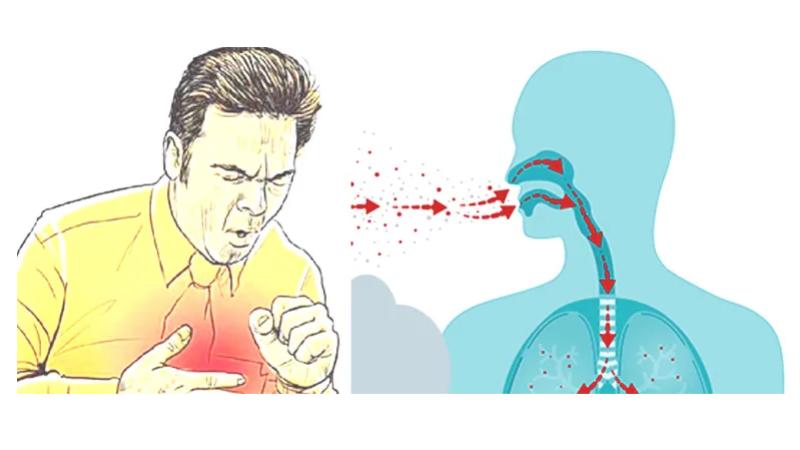


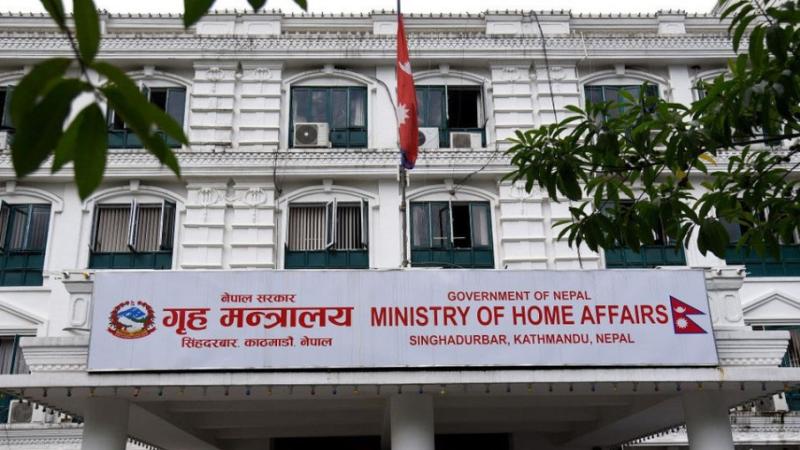
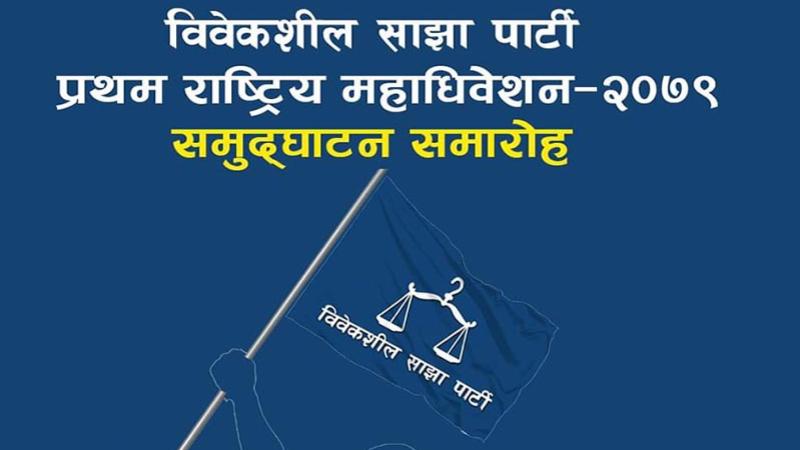
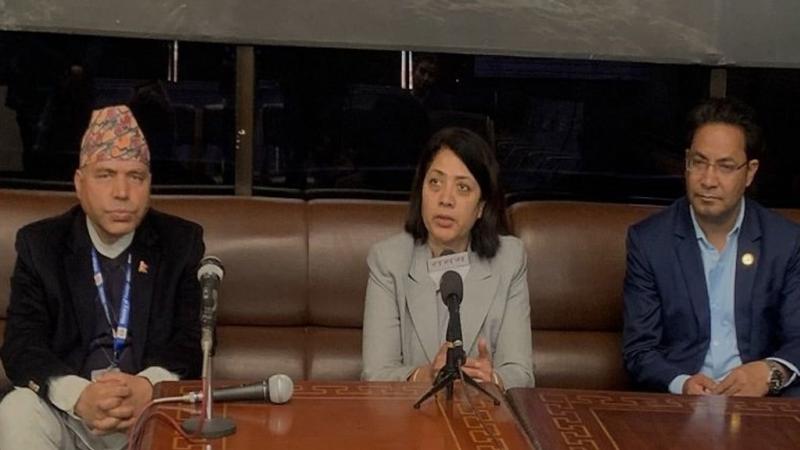

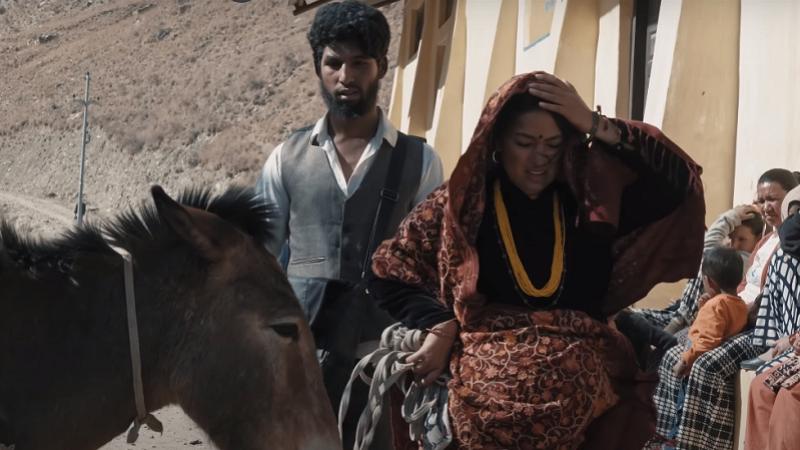
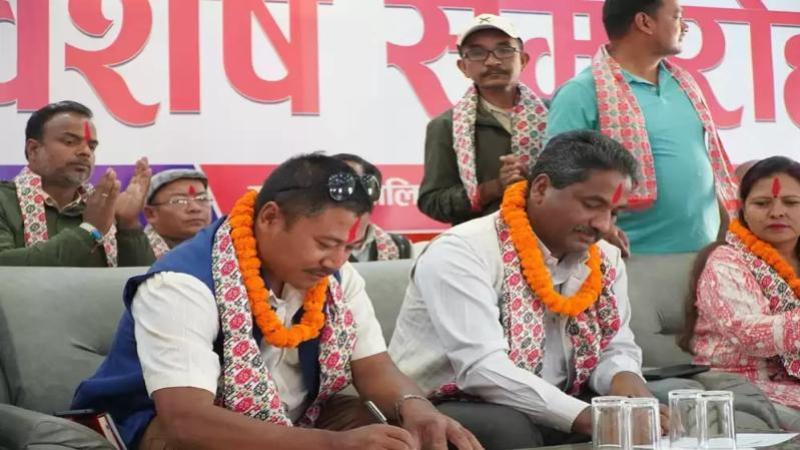

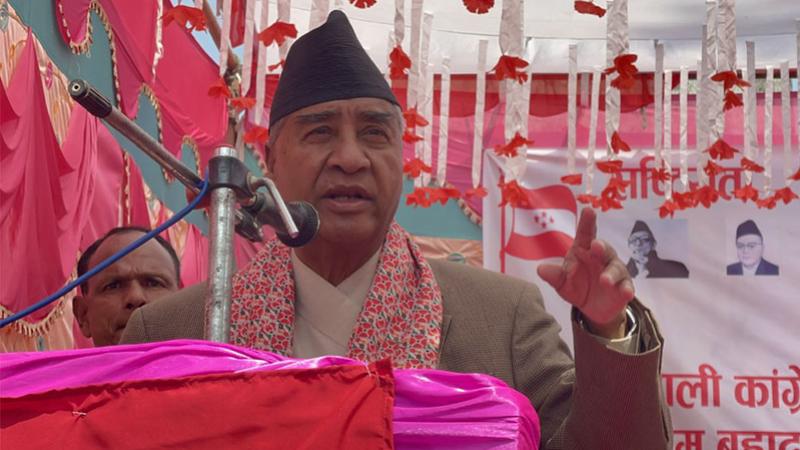


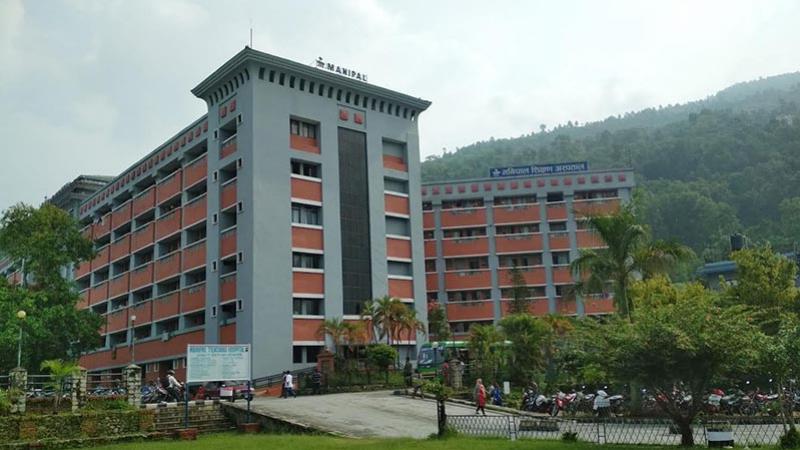




 Indian Rupee
Indian Rupee U.S. Dollar
U.S. Dollar European Euro
European Euro UK Pound Sterling
UK Pound Sterling Swiss Franc
Swiss Franc Australian Dollar
Australian Dollar Canadian Dollar
Canadian Dollar Singapore Dollar
Singapore Dollar Japanese Yen
Japanese Yen Chinese Yuan
Chinese Yuan Saudi Arabian Riyal
Saudi Arabian Riyal Qatari Riyal
Qatari Riyal Thai Baht
Thai Baht UAE Dirham
UAE Dirham Malaysian Ringgit
Malaysian Ringgit South Korean Won
South Korean Won Swedish Kroner
Swedish Kroner Danish Kroner
Danish Kroner Hong Kong Dollar
Hong Kong Dollar Kuwaity Dinar
Kuwaity Dinar Bahrain Dinar
Bahrain Dinar